
By Lauren Burdick
<[email protected]>
Amnesty International, a chapter of which exists at this school, is, according to the Amnesty International Web site, a human rights group that is supported around the globe.
“In our branch, we kind of pick a different topic every year to concentrate on, and we just kind of educate ourselves and people in the club and other people in the community about the topic,” Kevin Wang, Amnesty International treasurer and senior, said.
However, due in part to current and past contract disputes between the school system and teachers, Amnesty has struggled to find a consistent sponsor in years past. And most recently, the group struggled to find chaperones for its annual Night of Rights.
Patricia Southard, current Amnesty International sponsor and English teacher, said, “We’ve been working without a contract since June, and we’ve also had many, many, many cuts in the middle schools and high schools, which scares me because of my student load next year.”
Southard began sponsoring Amnesty in 1996 and took a hiatus to finish postgraduate work. She, like many other teachers, said she is concerned about how to balance her job and extracurricular groups, like clubs.
While Wang said he admits that this school’s chapter of Amnesty International is more or less self-sufficient without a sponsor, but in order for a club here to be official, it must have a teacher sponsor.
“We really don’t have any teacher guidance at all,” Wang said. “It’s really more student-driven now than anything. The way it goes now, we just kind of use (the sponsor’s) room and there isn’t too much participation on their part, but I do like the student-driven part because we get to decide what we do.”
The problems faced by this school’s Amnesty International chapter are only the tip of the iceberg as the contract dispute begins affecting even more areas of the school.
Wang said, “I think clubs as a whole are probably going to be struggling, too, because there’s budget cuts going around and the teachers have to pick up extra classes and all that, so they don’t have time to devote to club activities,” Wang said.
Southard said she’s been approached by other students to take on sponsorship of additional clubs for this year and next. It’s been difficult, she said, to say no. “I just don’t know what my status is going to be,” she said, “and with this whole contract thing, it hurts the students, but I don’t know how else to make a point.”
Wang said Amnesty International specifically has had trouble with sponsorship in the past because of its general political affiliations. With the contract dispute, that affiliation makes finding a sponsor even tougher.
“It’s a very liberal group, and we’re in Carmel, where the majority of people are rather conservative, so it’s kind of hard to find people who share opinions on the subject,” he said.
Last weekend’s Night of Rights was another area of dispute for Amnesty. Although chaperones were necessary for the event, Southard said she had trouble asking teachers for their help.
“I was real uncomfortable about asking colleagues to come out on a Saturday night and do something beyond the day. Some teachers won’t even meet me before and after school to discuss projects, so it’s just a real tough time, and I don’t think a lot of the community are aware of what’s going on because our teachers, our faculty, hasn’t let it impact their instruction,” she said.
According to Southard, the contract dispute is doing more than hurting the wallets of teachers at this school; it is beginning to hurt students as well by lowering their extracurricular options.
Southard said, “(Amnesty International is) a very diverse club. They do very good work, and they have very good leadership that has been very independent, and I know that they’ll continue to work, and I just wish that we could settle on a contract. So many teachers, because they care so much about the work they do and their students outside the class, are going to continue to do what do.
“And it’s until the powers that be see a slip in academics that real action is going to be taken,” she added, “and I feel really bad because I feel like I’m deserting the students who want to do good things for the greater good. This isn’t affecting anyone else but me and them.”
—
NIGHT OF RIGHTS
Watch an audio slideshow centered around Amnesty International’s annual event here:









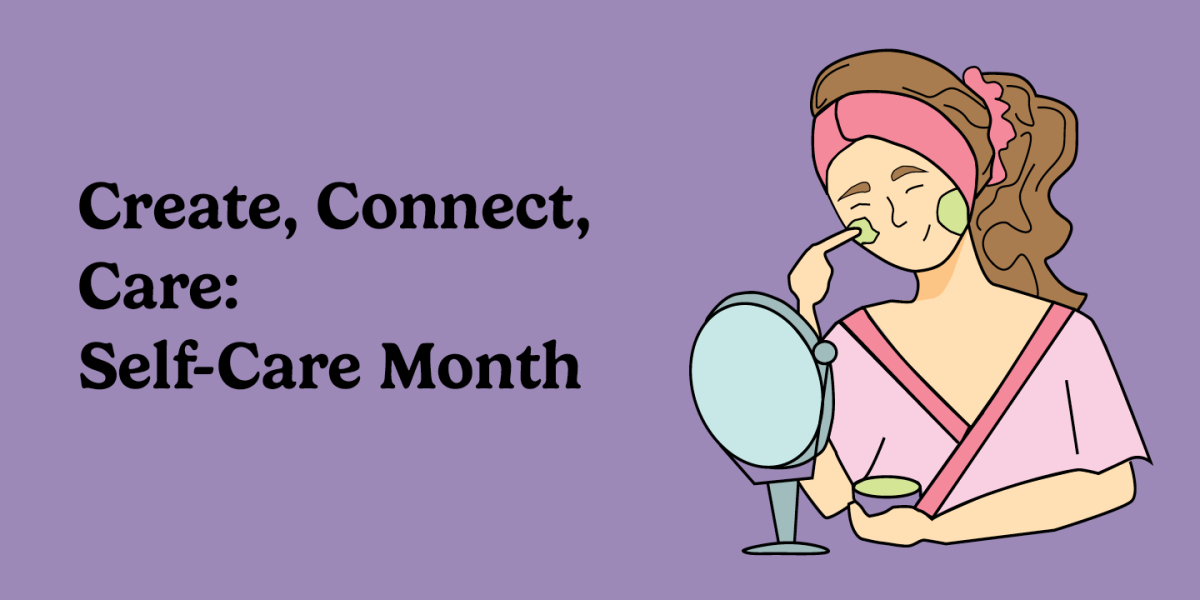







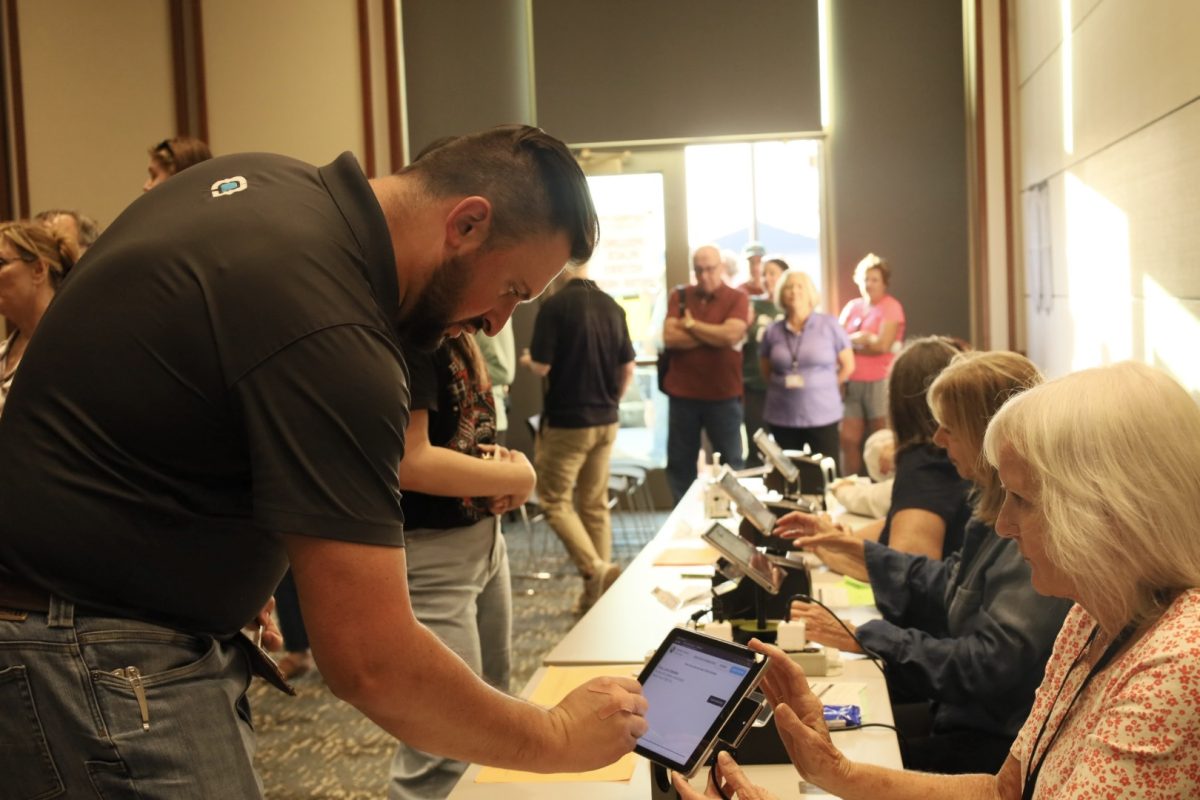

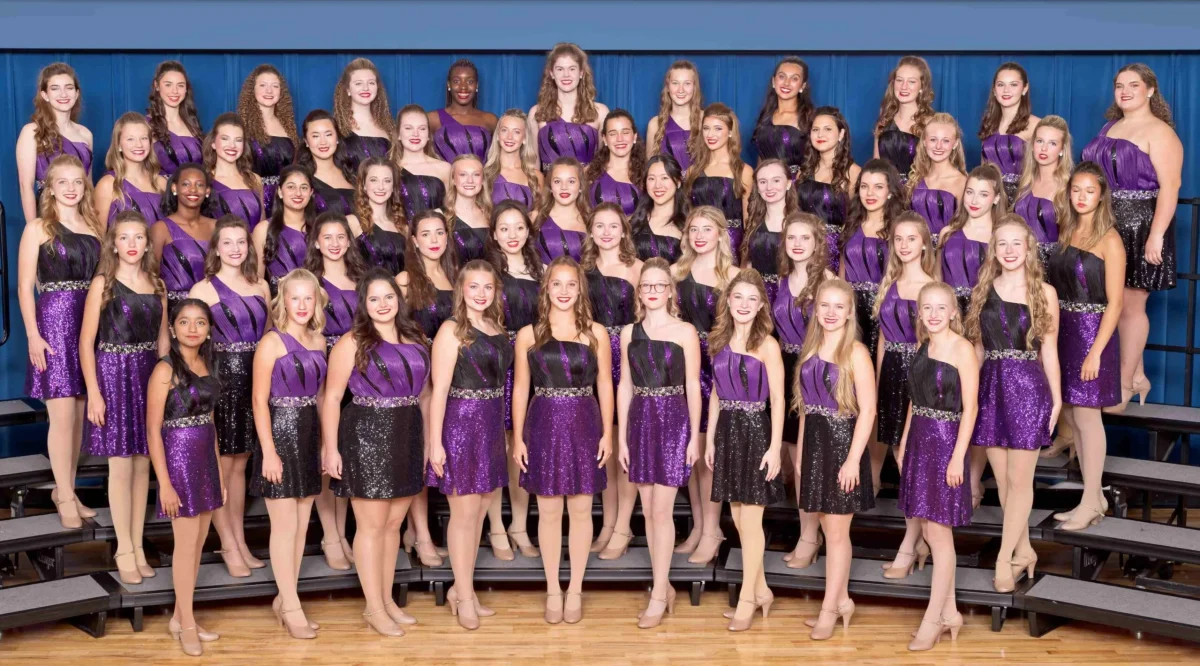

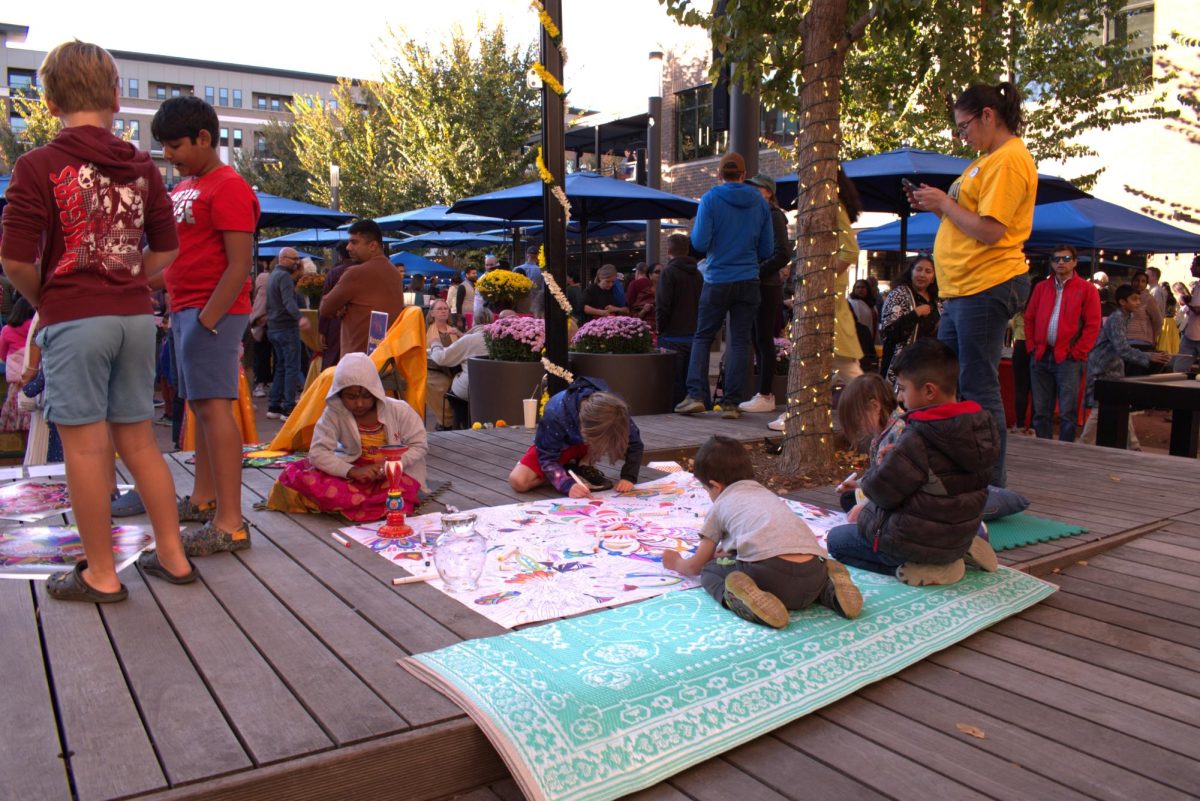
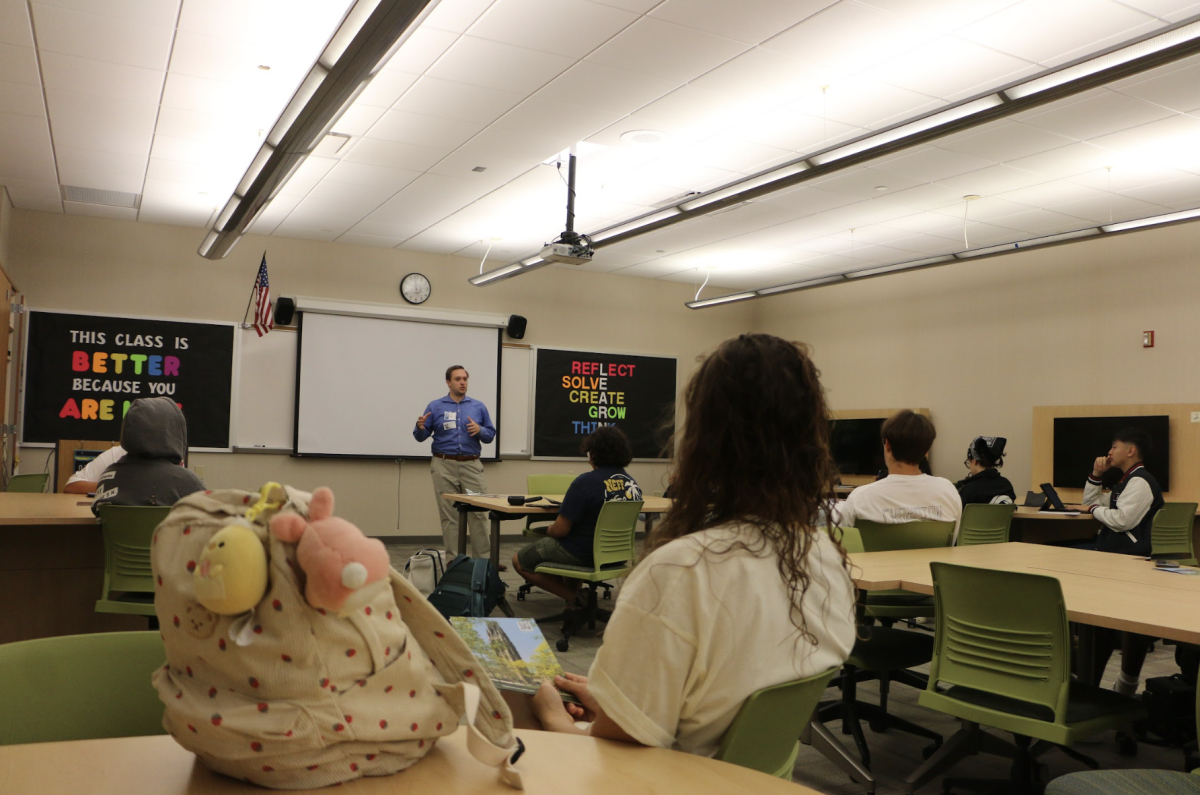
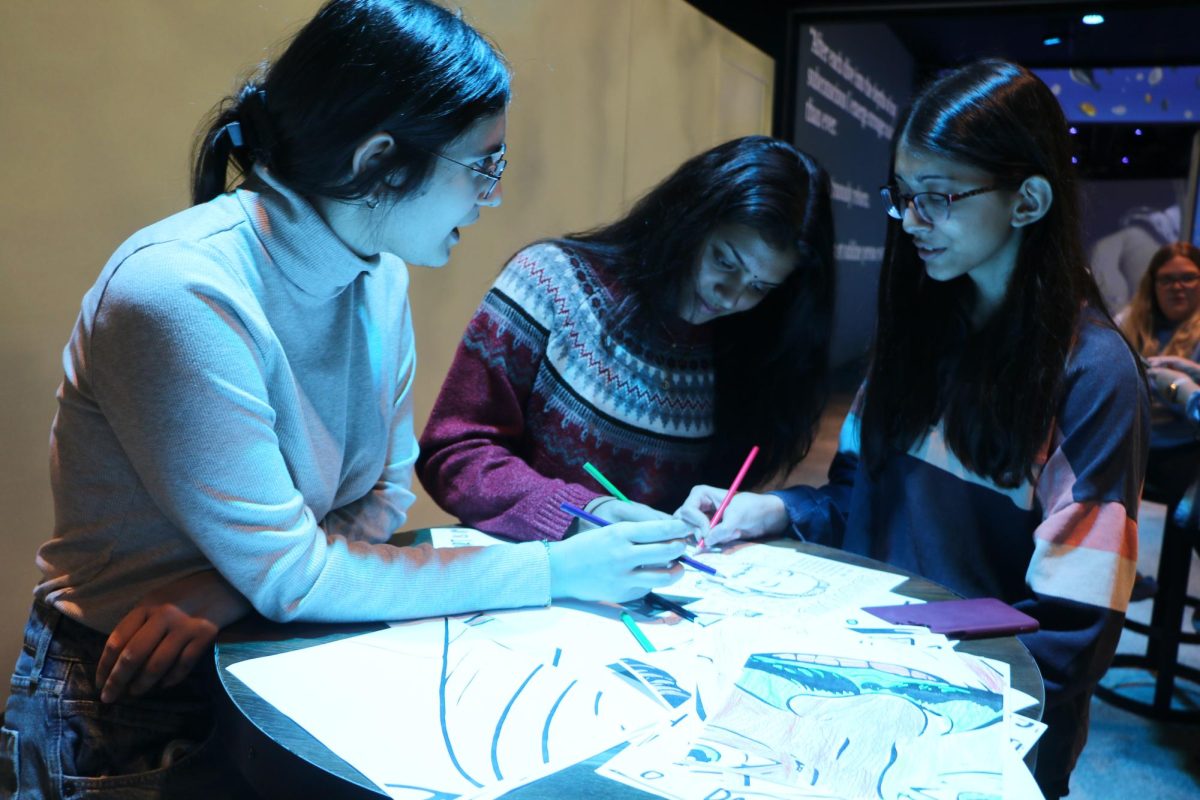
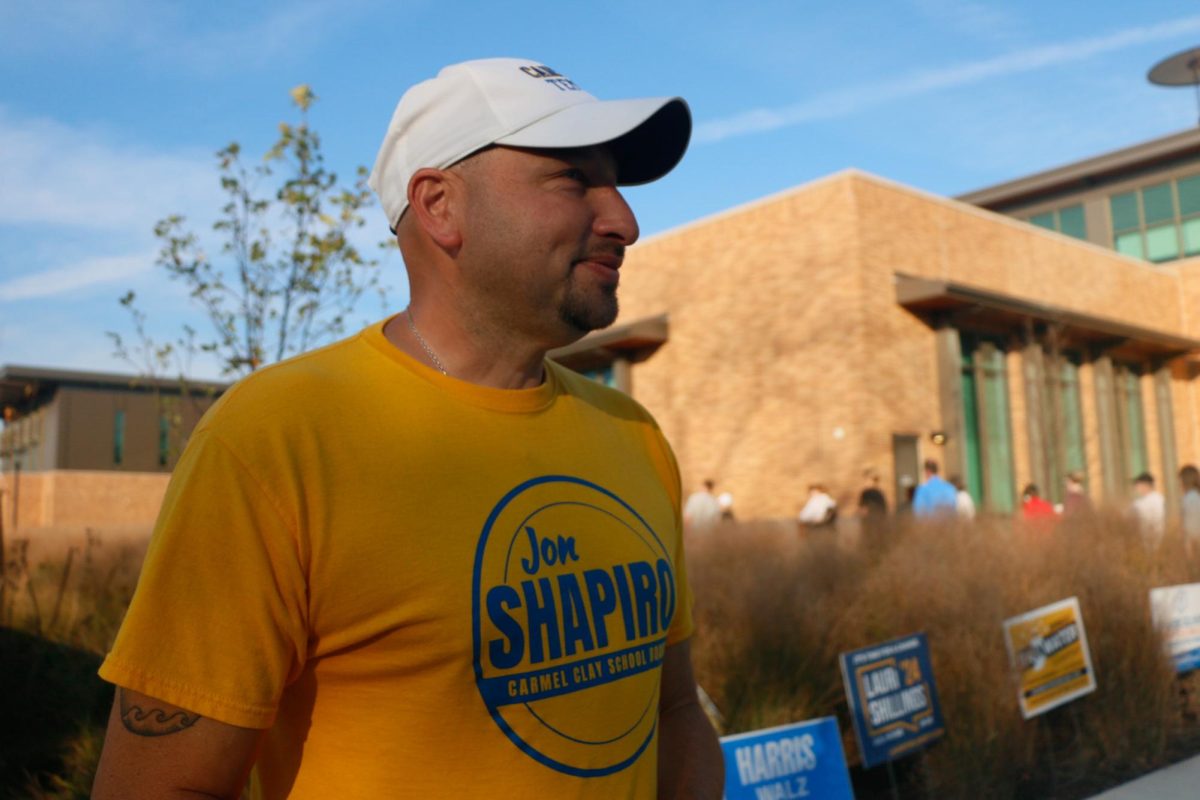
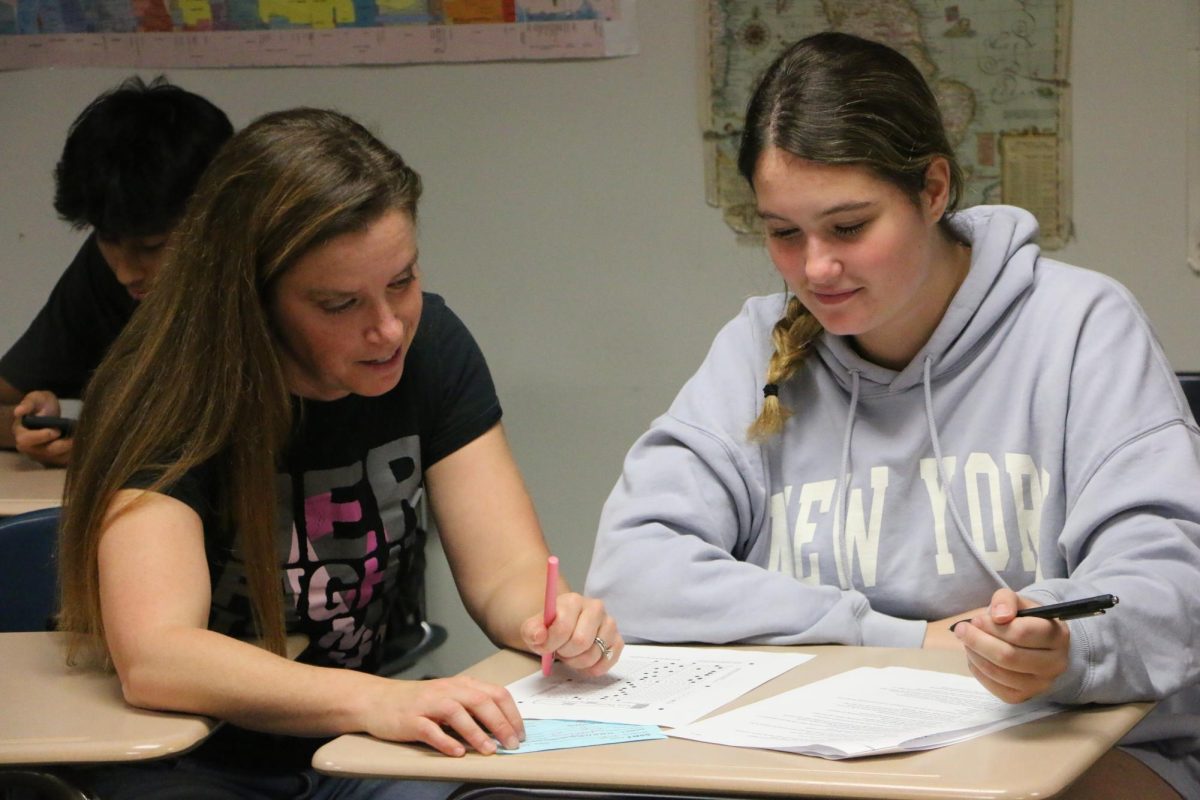
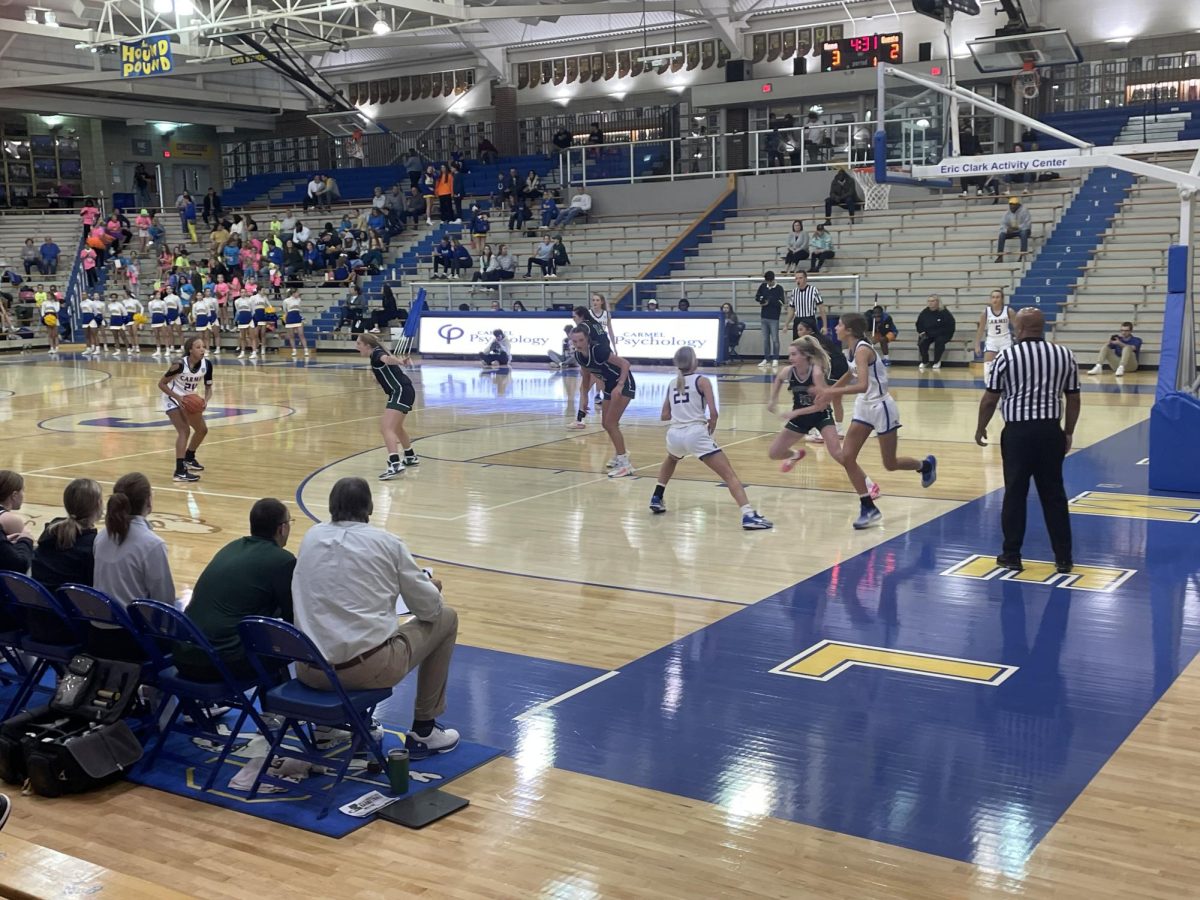


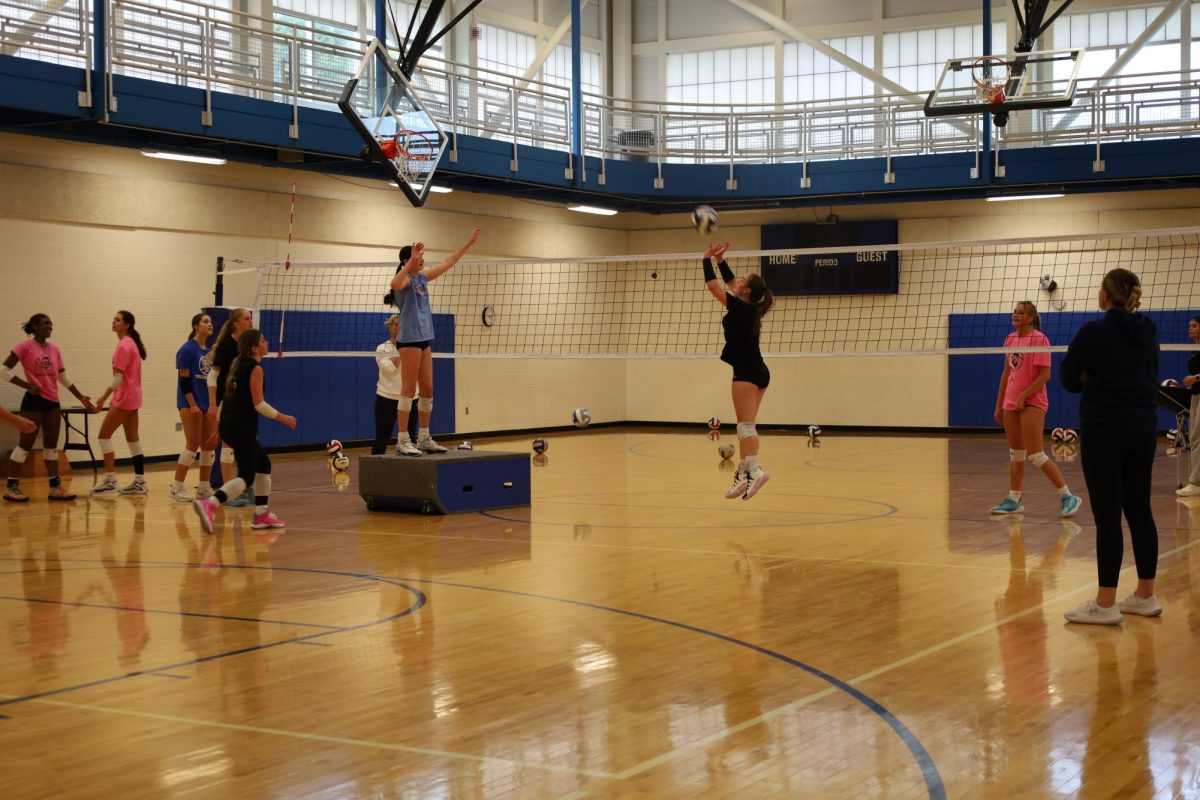
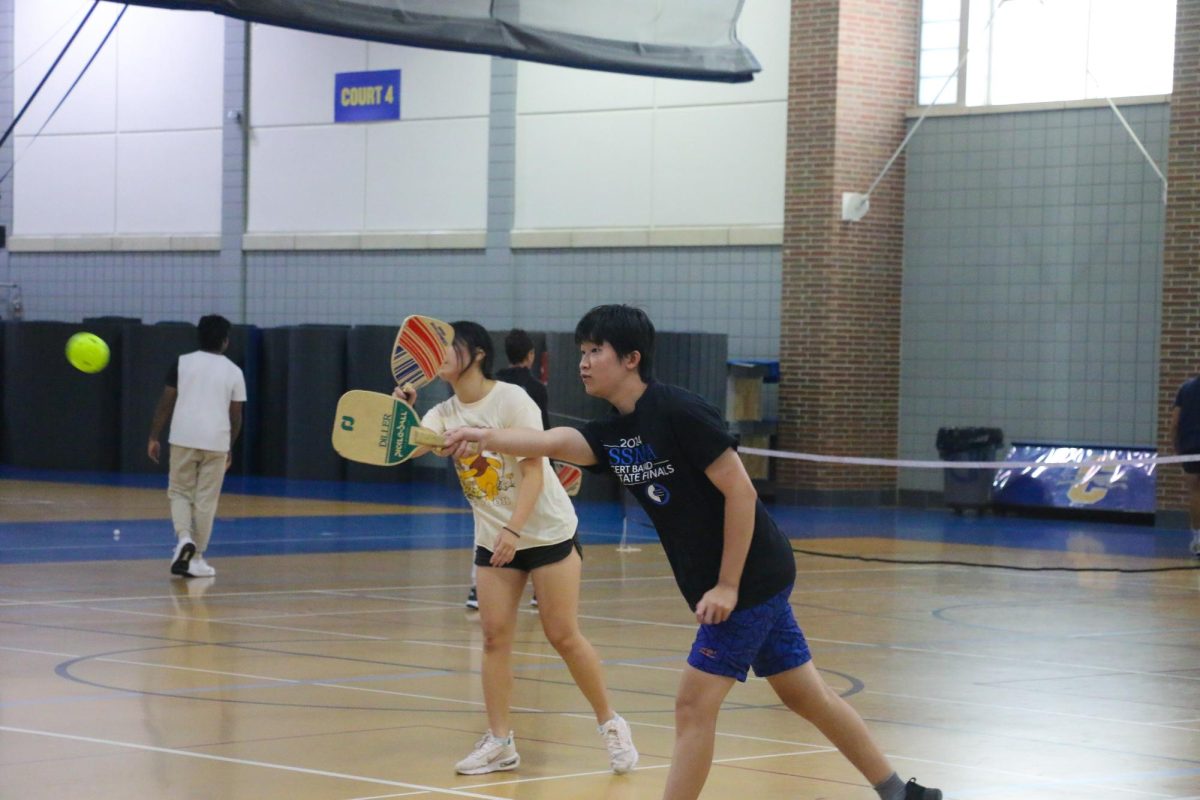
!["Wicked" poster controversy sparks a debate about the importance of accuracy versus artistic freedom [opinion]](https://hilite.org/wp-content/uploads/2024/11/riva-perspective-cover-1200x471.jpg)
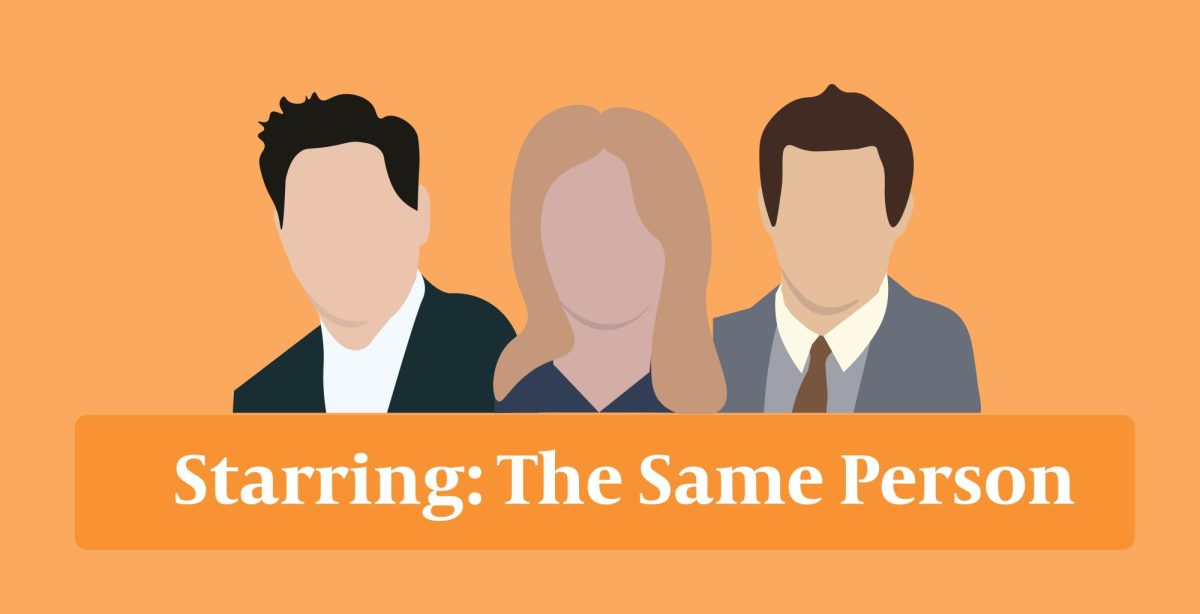
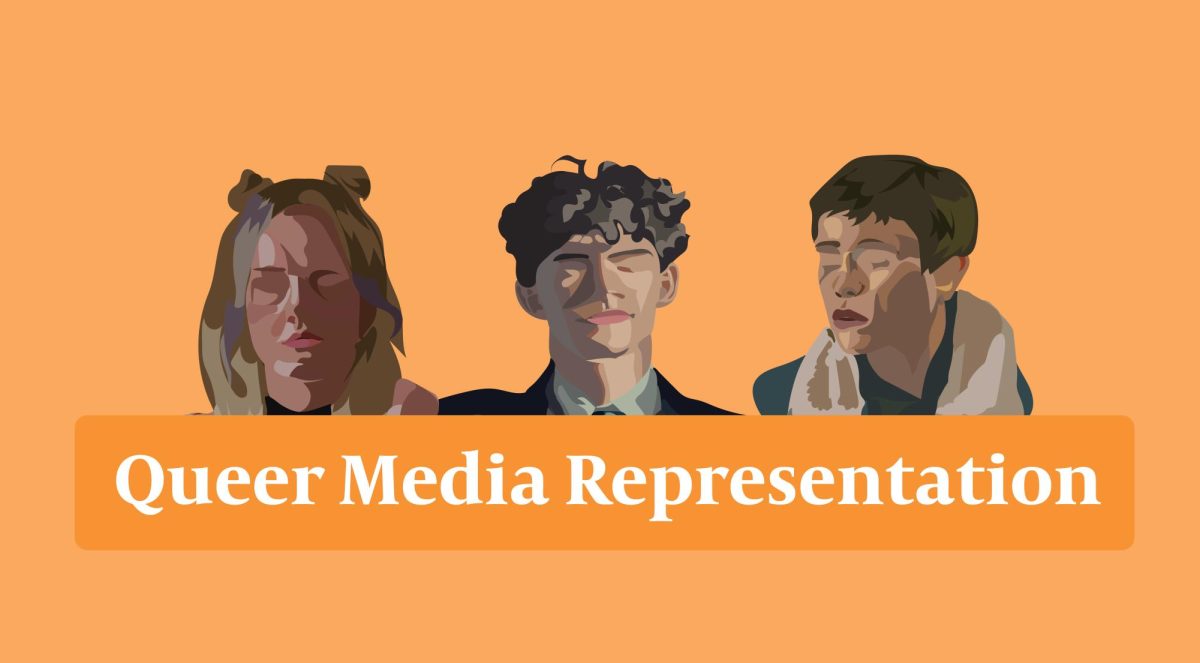
![Chilling or Childish? The downfall of modern horror movies [opinion]](https://hilite.org/wp-content/uploads/2024/10/adjusted-horror-cover-1200x471.jpg)
![“Uglies” is a call for change in the YA dystopian genre [opinion]](https://hilite.org/wp-content/uploads/2024/10/Perspectives-Cover-1200x471.jpg)


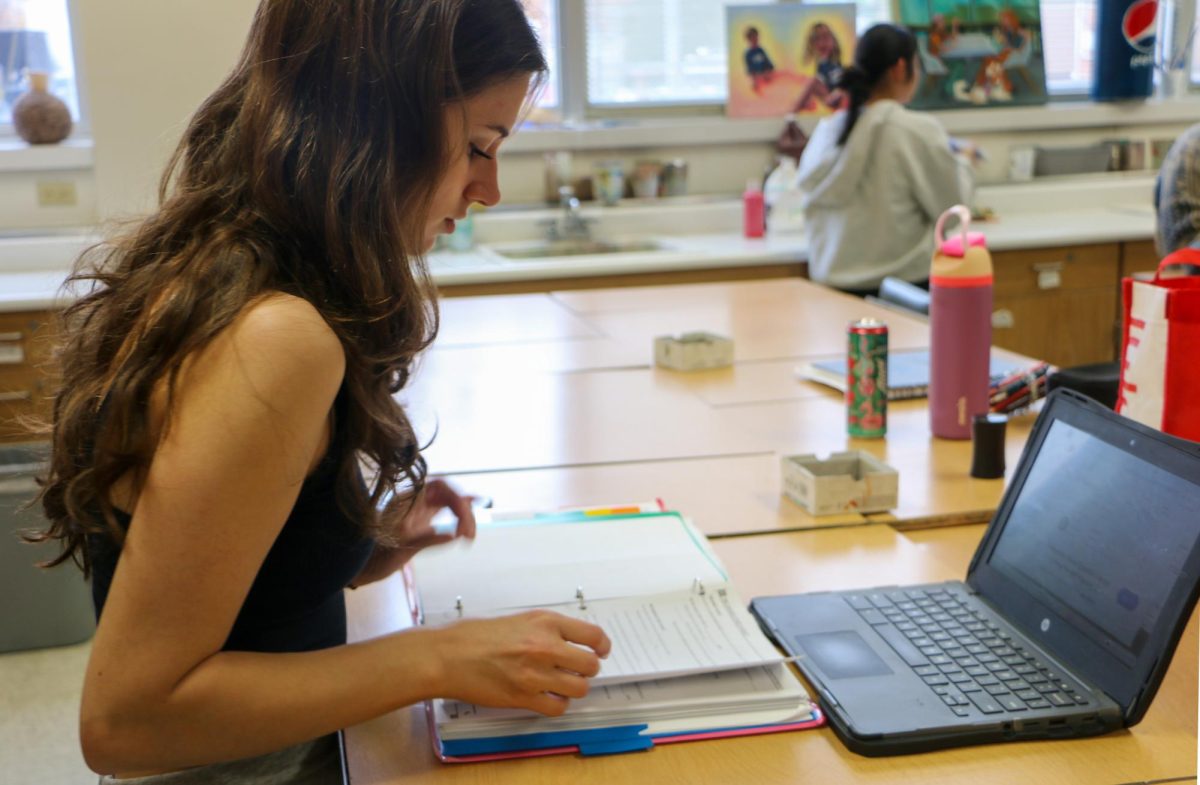

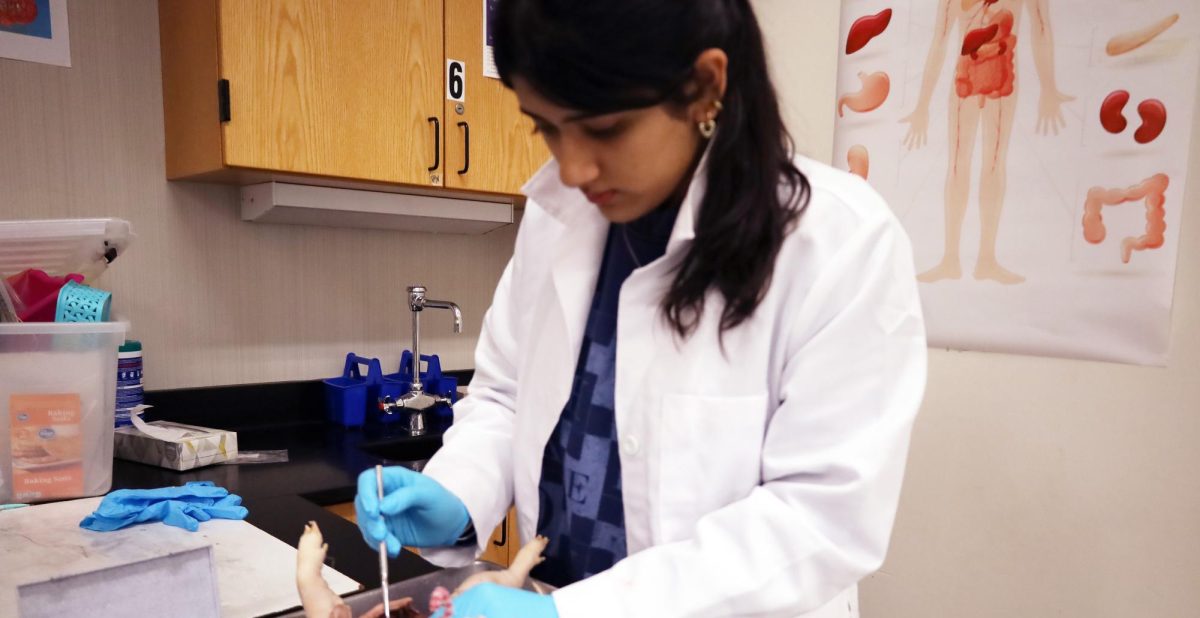












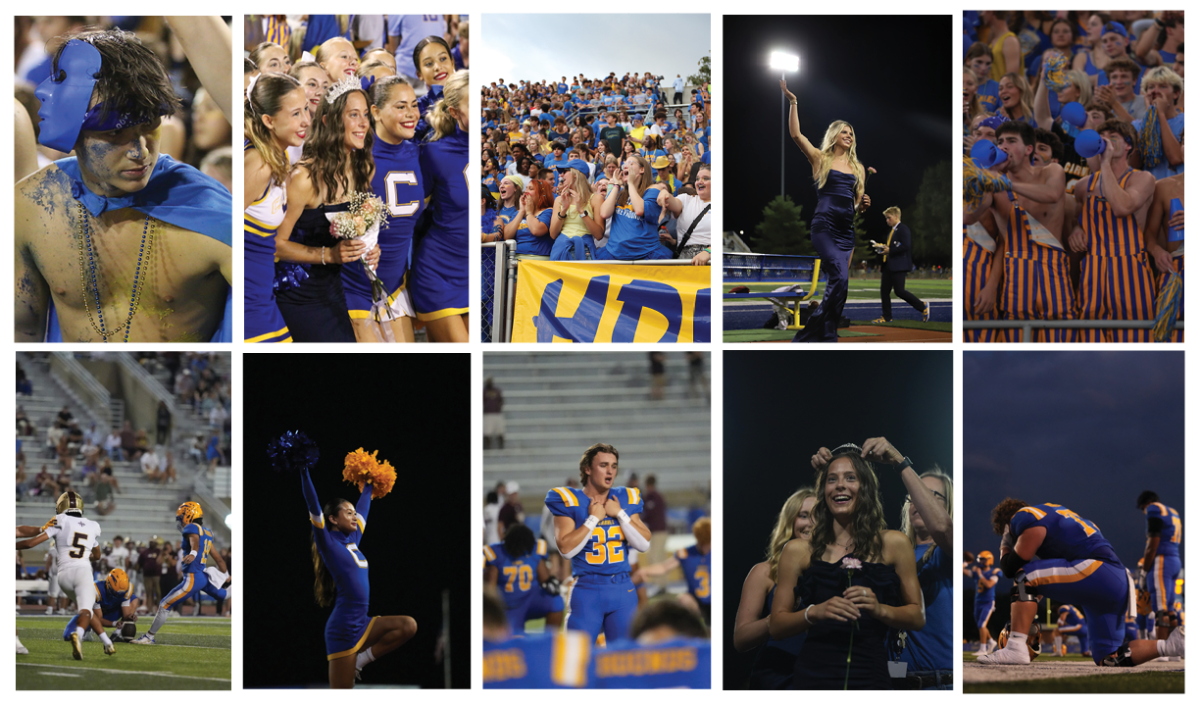


























![Review: Indy Scream Park is a perfect level of spook to kickstart the Halloween season [MUSE]](https://hilite.org/wp-content/uploads/2024/11/IMG_1383.jpg)
![Review: “Saturday Night” is a chaotic and thrilling look at the origins of “Saturday Night Live” [MUSE]](https://hilite.org/wp-content/uploads/2024/10/snl-1200x800.jpg)
![Review: “Megalopolis” is a bold, bewildering mess [MUSE]](https://hilite.org/wp-content/uploads/2024/10/MV5BYTk3MjUzMGItYmU1NC00M2YyLThmNDMtNDI4NjkxNjgzMjQzXkEyXkFqcGdeQXRyYW5zY29kZS13b3JrZmxvdw@@._V1_-1200x675.jpg)
![Review in Print: Maripaz Villar brings a delightfully unique style to the world of WEBTOON [MUSE]](https://hilite.org/wp-content/uploads/2023/12/maripazcover-1200x960.jpg)
![Review: “The Sword of Kaigen” is a masterpiece [MUSE]](https://hilite.org/wp-content/uploads/2023/11/Screenshot-2023-11-26-201051.png)
![Review: Gateron Oil Kings, great linear switches, okay price [MUSE]](https://hilite.org/wp-content/uploads/2023/11/Screenshot-2023-11-26-200553.png)
![Review: “A Haunting in Venice” is a significant improvement from other Agatha Christie adaptations [MUSE]](https://hilite.org/wp-content/uploads/2023/11/e7ee2938a6d422669771bce6d8088521.jpg)
![Review: A Thanksgiving story from elementary school, still just as interesting [MUSE]](https://hilite.org/wp-content/uploads/2023/11/Screenshot-2023-11-26-195514-987x1200.png)
![Review: "When I Fly Towards You", cute, uplifting youth drama [MUSE]](https://hilite.org/wp-content/uploads/2023/09/When-I-Fly-Towards-You-Chinese-drama.png)
![Postcards from Muse: Hawaii Travel Diary [MUSE]](https://hilite.org/wp-content/uploads/2023/09/My-project-1-1200x1200.jpg)
![Review: "Ladybug & Cat Noir: The Movie," departure from original show [MUSE]](https://hilite.org/wp-content/uploads/2023/09/Ladybug__Cat_Noir_-_The_Movie_poster.jpg)
![Review in Print: "Hidden Love" is the cute, uplifting drama everyone needs [MUSE]](https://hilite.org/wp-content/uploads/2023/09/hiddenlovecover-e1693597208225-1030x1200.png)
![Review in Print: "Heartstopper" is the heartwarming queer romance we all need [MUSE]](https://hilite.org/wp-content/uploads/2023/08/museheartstoppercover-1200x654.png)




